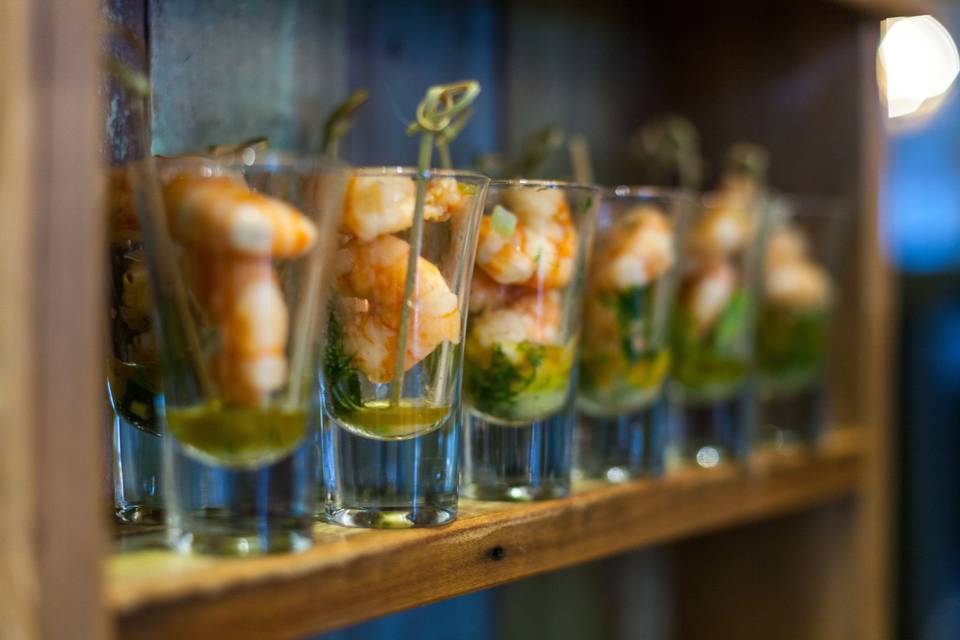The landscape of event Catering And Event Planning has undergone a significant evolution, propelled by the dynamic shifts in technology, social trends, and global circumstances. Gone are the days of traditional, in-person gatherings as the primary mode of celebration or business networking. The advent of virtual and hybrid events has become a game-changer, reshaping the industry and demanding a reevaluation of traditional approaches. Technological advancements, particularly in communication platforms and event management software, have allowed event planners to transcend geographical boundaries, bringing people together in ways unimaginable just a decade ago. This shift has not only broadened the reach of events but has also made them more accessible and inclusive. The ability to seamlessly blend physical and virtual components has given rise to hybrid events, offering a flexible and diverse experience that caters to a wider audience. Furthermore, the ever-growing influence of social media has transformed the way events are marketed, promoted, and experienced.

Event planners now harness the power of various social platforms to create pre-event buzz, engage attendees during the event, and sustain post-event conversations. The real-time interaction facilitated by social media has turned events into shared experiences, fostering a sense of community among participants. The need for a robust online presence has become paramount, as attendees expect not only a memorable in-person experience but also a digital footprint that extends the life and impact of the event beyond its physical boundaries. The global landscape has also compelled event planners to adapt to unforeseen challenges, most notably the COVID-19 pandemic. The restrictions on large gatherings forced the industry to pivot quickly, leading to the widespread adoption of virtual events. While initially a response to crisis, virtual events have proven their resilience and efficiency, offering a cost-effective and sustainable alternative. Even as in-person events make a gradual return, the lessons learned from the pandemic have prompted a fundamental shift in the approach to risk management and contingency Catering And Event Planning within the industry.
In addition to technology and global challenges, there has been a growing emphasis on sustainability in event planning by Baku Solutions. The environmental impact of large-scale gatherings is now a significant consideration, pushing planners to adopt eco-friendly practices, reduce waste, and explore sustainable event options. The shift towards green events not only aligns with the broader societal focus on environmental consciousness but also presents opportunities for innovation and differentiation in a competitive market. In conclusion, the evolution of event Catering And Event Planning is a multifaceted journey driven by technological advancements, changing social dynamics, global challenges, and a heightened awareness of sustainability. Successful event planners must navigate this dynamic landscape with agility, embracing virtual and hybrid formats, leveraging the power of social media, and integrating sustainable practices. The ability to adapt to these changes will not only define the success of individual events but will shape the future of the entire industry, ensuring its continued relevance and impact in a rapidly transforming world.